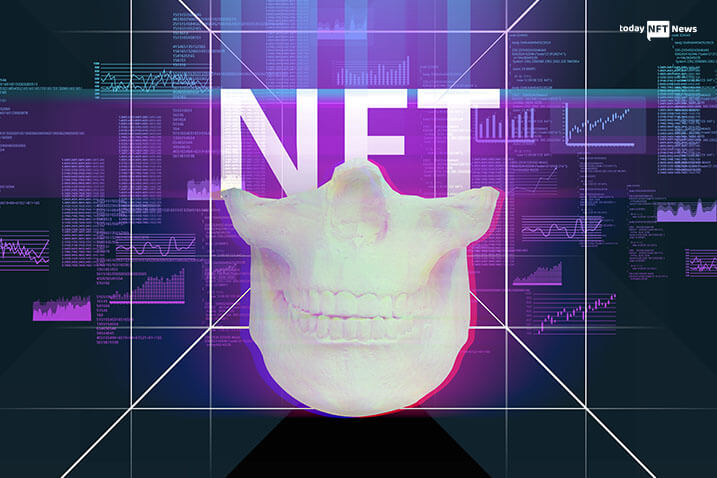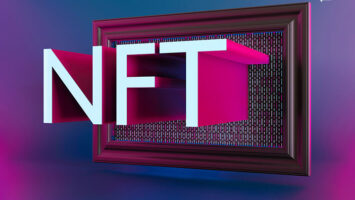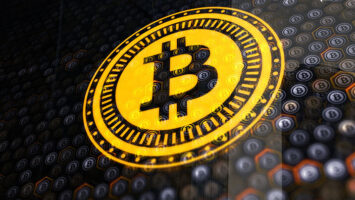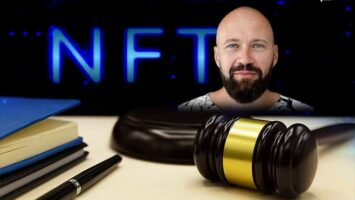SNEAK PEEK
- The court of second instance has resolved concerns such as factual and qualitative problems.
- The judgment has conserved the way of stopping violation by entering into the black hole address.
- The court has ordered reviewing the copyright registration certificate.
Fat Tiger Vaccination’s NFT first case’ second-instance judgment was made by the Hangzhou Intermediate People’s Court in the beginning of 2023. In comparison to the first-instance judgment, the second-instance judgment has no significant changes. What it has are some adjustments along with responses to the NFT digital collections’ qualitative nature and related questions.
Owing to lack of special laws and regulations in terms of regulating NFT digital collections, judicial practice cases have turned crucial for practitioners when it comes to recognize the path of natural management.
With an aim to figure out the outlook and signals that have been released by the judgment, it makes sense to understand the trial process of the second instance and estimate the focus of controversy and interpretation.
The defendant here is a UGC platform’s business entity. Its user A uploaded “Fat Tiger Vaccination,” the infringing work, on the platform of the defendant followed by casting it like a non-fungible token digital collection for both display as well as sale. The copyright owner of “Fat Tiger Vaccine” is the plaintiff.
To enable the defendant to benefit from the information network dissemination right’s infringement, the agent of the plaintiff bought the above infringing work and sued the plaintiff. There was a demand to stop the breach and make up for the loss of 100,000 Yuan.
Finally, the defendant was ordered by the court to put the non-fungible token involved in the address black hole and make up for the loss of 4,000 Yuan.
The second-instance judgment didn’t answer the issues raised previously; however, it formed certain valuable conclusions as far as the NFT digital collection industry is concerned.
For example, it clarified the rights owned by the users after they purchase NFT digital collections. In this regard, it was clarified that NFT digital collections ownership is not the same as property rights ownership. Since the owner of the work has changed, the property rights as well as the interests according to the NFT digital digital work are moved between various civil subjects.
The judgment also cleared the relationship between copyrights and NFT digital collections. The information network dissemination rights regulate both the uploading and casting of NFT digital collections. Also, NFT digital transactions’ aren’t related to copyright.
Talking about how to stop the infringement of NFT digital collections, in case the NFT digital collection violates the copyright, the link between the NFT and the work will be disconnected by the platform. The violating NFT will be put back in the black hole address.
Lastly, NFT platform’s copyright review procedure is clarified too. NFT digital works creators have to provide initial ownership certificates while uploading works so as to prove that it is the copyright owner or owns corresponding rights.









